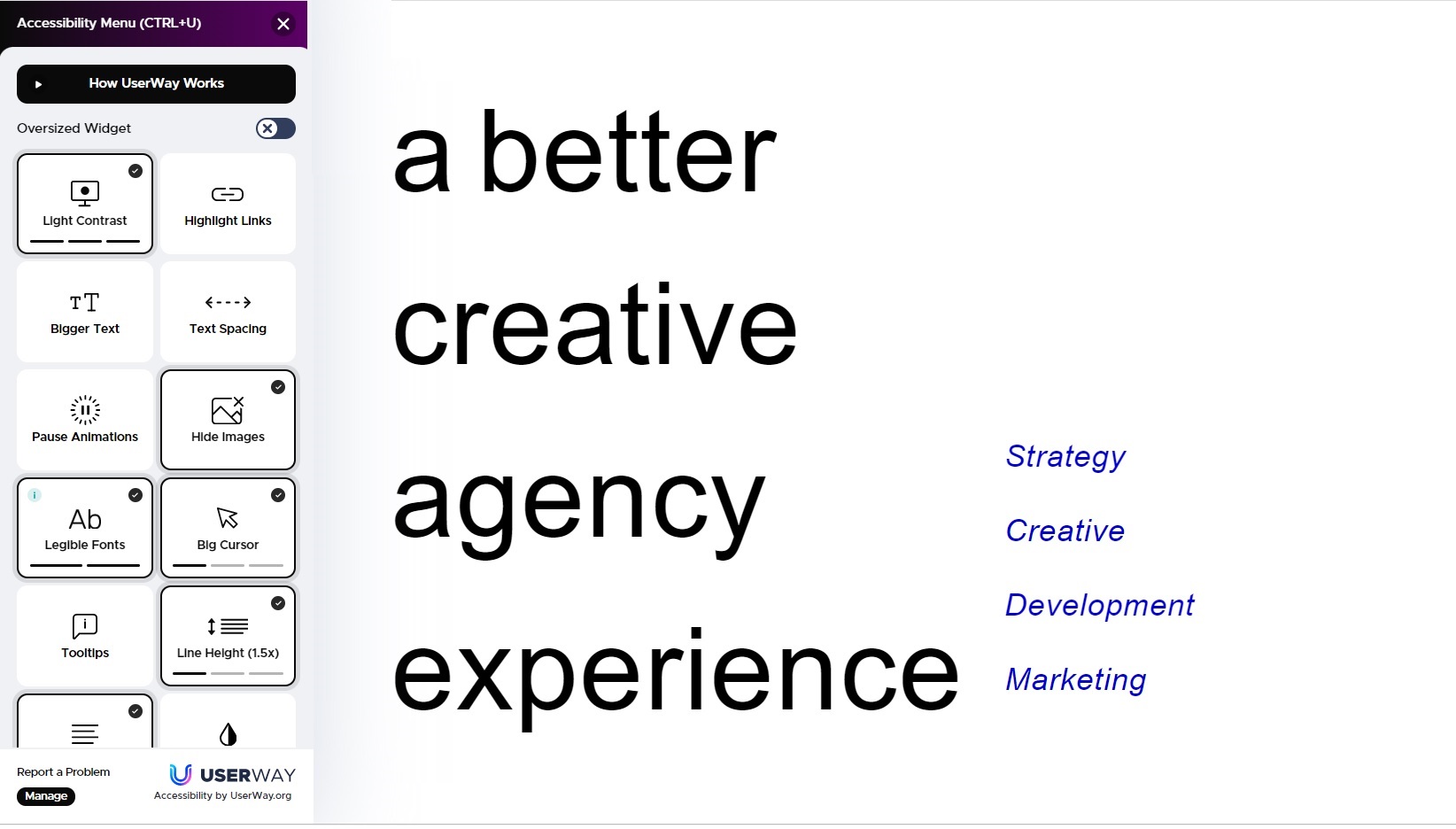As web accessibility has gained prominence in recent years and it has become increasingly important to ensure your website is ADA compliant. The Americans with Disabilities Act (ADA) requires websites to be accessible to people with disabilities, including those who are visually and hearing impaired. Failure to comply can result in violations, legal action and significant financial penalties. Fortunately, there are some easy ways to make your site ADA compliant.
Understanding the Importance of Website Accessibility
The Americans with Disabilities Act (ADA) states that all digital content, including websites, must be accessible for people with disabilities. This means ensuring that individuals with visual, auditory, and physical impairments can access and use a website without any difficulty.
Having an ADA compliant website is not only ethically responsible and inclusive but also beneficial from a business perspective. With over 25% of adults in the United States having some form of disability or impairment, failing to make your website accessible could mean losing out on potential customers who may face difficulty accessing your content.
One tool available to assist businesses in making their websites more accessible is UserWay’s web accessibility widget. The widget helps ensure compliance with Web Content Accessibility Guidelines (WCAG), which are international guidelines for web accessibility established by the World Wide Web Consortium (W3C). By implementing UserWay’s widget into your website design process you will be able to create an accessible experience that meets WCAG guidelines.
The Legal Risks of Noncompliance with ADA Standards
Not adhering to the ADA’s Website Compliance Standards can result in significant legal risks. Several high-profile lawsuits have been filed against companies whose websites were not accessible for individuals with disabilities. As regulations become more stringent and more individuals become aware of their online rights, lawsuits related to web accessibility continue to increase year after year.
Complying with web accessibility standards goes beyond just avoiding potential legal issues; it also makes good business sense. Making your website accessible to those with disabilities ensures that all customers have a positive experience engaging with your brand online. By including features like text-to-speech technology and keyboard navigation options, more people can interact with your website or application seamlessly.
”Brands should be proactive and have their website audited and upgraded if needed. It will save you at least $10,000 by doing this — plus it's the right thing to do.
Star Tribunehttps://m.startribune.com/lawsuits-targeting-company-websites-for-ada-violations-on-the-rise-visual-hearing-accessible/600275196/?clmob=y&c=n&clmob=y&c=n
Conclusion
Partnering with Pursu can help guide you toward designing and maintaining an online presence that promotes inclusivity while complying with existing regulations.






